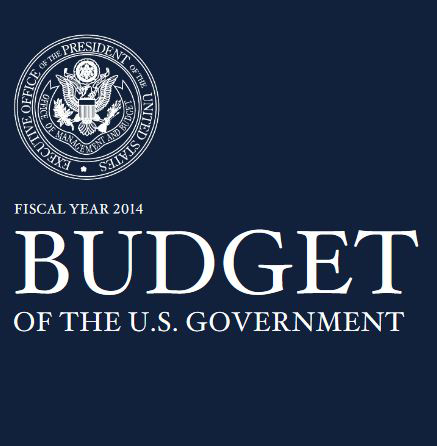Income Tax
10 Major Tax Changes in President Obama’s Budget
President Obama has just released a new 2015 budget designed to raise more than $1 trillion in revenue over the next ten years by boosting income taxes for upper-income individuals, closing or tightening tax loopholes and scaling back estate tax benefits.
Mar. 07, 2014

President Obama has just released a new 2015 budget designed to raise more than $1 trillion in revenue over the next ten years by boosting income taxes for upper-income individuals, closing or tightening tax loopholes and scaling back estate tax benefits.
But the plan also improves certain tax breaks and encourages retirement saving for low-to-moderate income families. It’s a mixed bag for the public at large.
The president’s budget actually contains about 175 revenue-related proposals, but here are ten top items that could have a significant impact on your clients and your practice.
- The Buffet rule: Named after billionaire investment guru Warren Buffett, who originally suggested it, this rule requires a taxpayer earning $1 million and upwards to pay tax equal to at least 30% of their income, after deducting charitable contributions. Previously, Obama had pegged the Buffet rule to a $2 million threshold.
- Earned income tax credit: The plan expands availability for the Earned Income Tax Credit (EITC) for workers without qualifying children. It broadens the age range for both younger and older workers and allows workers earning up to $18,070 to claim the EITC (up from $14,790).
- Itemized deductions: This provision cap the tax benefit of itemized deductions realized by upper-income individuals – those in a top tax bracket of 33%, 35% or 39.6% — at a value of 28%. Note that the “Pease rule” already reduces the amount of itemized deductions available to many of these taxpayers.
- Child and dependent care credit: Obama’s budget enhances the child and dependent care credit by increasing the maximum percentage from 35% to 65% of the qualified expenses of caring for very young children. The plan also authorizes a 30% credit for those children on an extra $1,000 of qualified expenses above the usual limit of $3,000 for one child and $6,000 for two or more children.
- Retirement plan contributions: The proposed budget prevents certain upper-income taxpayers from contributing to qualified retirement plans and IRAs once their combined total in those tax-favored accounts exceeded a specific level. The cap is based on several factors – including the taxpayer’s age — and a calculation of an annuity benefit at age 62.
- Auto-enrollment plans: Under the budget, employers with more than ten employees that don’t already have a retirement plan are required to offer automatic enrollment IRAs to their employees. Contributions to the IRAs would be made through payroll deductions.
- Payroll taxes for professionals: The budget requires owners of certain personal service firms to pay more payroll tax. Currently, sole proprietors may take a portion of income as salary and claim the balance as corporate profits, reducing payroll tax liability. This method has notably been used by both Newt Gringrich and John Edwards in the past.
- Estate taxes: The proposed plan revises two “permanent” estate tax breaks signed into law in 2013 by restoring them to 2009 levels. The inflation-indexed estate tax exemption of $5 million is reduced to $3.5 million and the top 40% estate tax rate is increased to 45%.
- Higher education benefits: The plan simplifies reporting for college Pell grants by excluding them from income for tax purposes. Also, it permanently extends the American Opportunity Tax Credit (AOTC) for higher education expenses. The AOTC, which has been extended on a temporary basis several times before, expired after 2013.
- Tax return preparers: Obama proposes to boost revenue by regulating tax return preparers, increasing the enforcement budget by 7% and requiring more electronic filing. Recently, a federal court of appeals upheld a lower court ruling saying that the IRS can’t regulate tax professionals.
The chances of these ten proposed tax changes passing through Congress unscathed are virtually nonexistent. In addition, Obama’s plan has to compete with legislation drafted by House Ways & Means Committee chairman Dave Camp (Rep.-MI). Nevertheless, both sides of the aisle seem willing to consider significant tax reform in the coming year.
